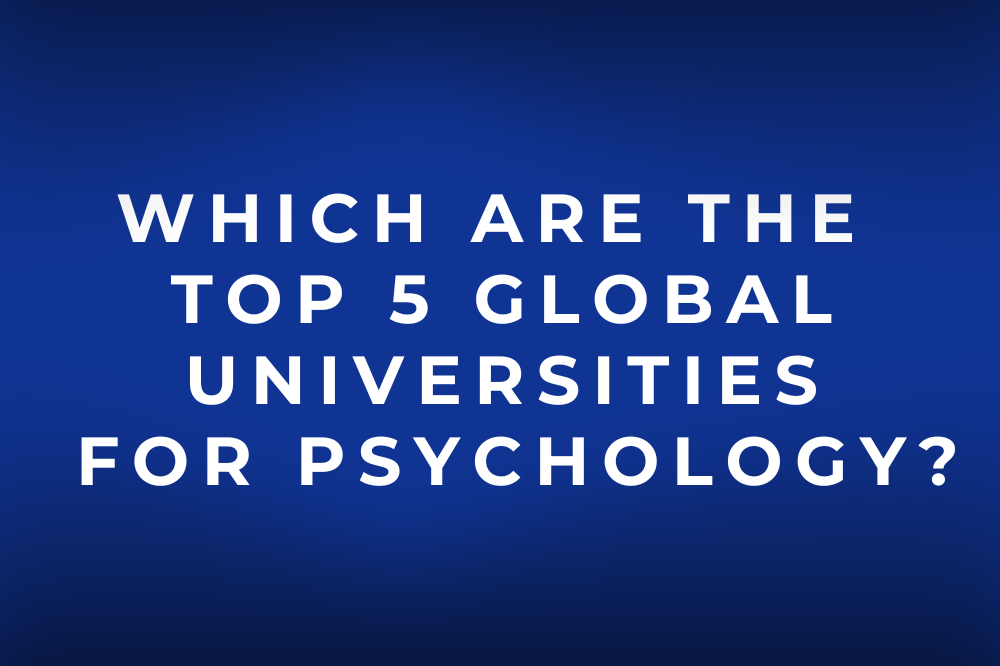Canada has become the hub for Indian students who wish to pursue their education abroad. However, sometimes it becomes tough for students to get into a full-fledged undergraduate or postgraduate program, which makes them opt for short-term courses. These short-term courses are highly in demand in recent times and typically last between 6 to 11 and 12 months. During the tenure of this program, students can gain practical skills that can help them bolster their job prospects and even upscale their PR eligibility. Read this blog to learn more about the different short-term courses that students can pursue in Canada and their expected salaries.
Reasons To Choose a Short-Term Course And How Students Can Gain Benefit
Canada over the past few years has become a top destination for international students not only because of its world-class education but also because of the affordable pathways to permanent residency. These short-term courses in Canada help the students gain a quick and effective way to garner new skills that can give a boost to their career. Such programs are highly focused and industry-orientated, making sure that these students learn what is the most relevant skill for their field. A lot of students while pursuing these short-term courses in Canada include internships and co-op placements, which help students gain real-world experience and improve their employability. Skill professionals are in high demand in various industries, which makes these courses a paramount investment for those seeking stable and well-paying jobs.
Different Short-Term Courses In Canada For High-Paying Careers
There are a number of short-term courses that Canada has to offer that can help students develop industry-specific skills. Here is a list of short-term courses available in Canda:
Culinary Arts
The Culinary Arts program in Canada can be considered the perfect fit for candidates who are passionate about cooking and food preparation. This course entails and teaches students about skills that are essential for cooking, such as knife techniques, food presentation, baking, and international cuisine. Here, students can also learn about food safety standards, nutritional values, and managing a professional kitchen efficiently. This culinary course helps in menu planning, inventory management, and cost control, which are crucial for anyone looking to run a successful restaurant or catering business. A number of these programs offer hands-on training in real-world kitchen environments, giving students a strong competitive edge in the food industry. Graduates from these courses can work as chefs, restaurant managers, or food consultants, with opportunities to grow within the hospitality sector or even start their own culinary ventures. The average salary of a person who has done this course is around $68,181 per year.
Diploma In Marketing
An essential part of any business is marketing, and a Diploma In Marketing from Canada helps students gain a solid insight into branding, consumer behaviour, digital marketing and advertising. It also helps students develop critical thinking and problem-solving skills, which are needed for effective marketing campaigns. Since we are moving towards a more social-media-orientated society, it teaches students social media strategies, content marketing, and search engine optimisation, teaching students paid advertising on platforms like Google and Facebook. This also covers customer Customer Relationship Management (CRM), different sales techniques, and market research. Applicants by the end of the course will have the ability to analyse data, develop strategies, and drive sales of organisations. Students can have different career options, ranging from working in corporate to even performing freelance consulting. The average salary that a student can draw after doing a diploma in marketing is around $59,545 per year.
Advertising-Account Management
A key component of contemporary business is advertising, which helps students to manage marketing campaigns, creative advertising projects, and client relationships. Branding strategy, media planning, and market research are all covered in the course. In order to carry out successful campaigns, students gain experience managing advertising budgets, collaborating with creative teams, and effectively communicating with clients. For those who appreciate strategic planning and creativity, this program is perfect. Graduates can find employment in corporate marketing departments and advertising firms as account executives, media planners, advertising managers, or brand strategists. The average salary of students who have pursued this course is around $63,548 per year.
Dental Assistant
For students who want to pursue a career in the healthcare sector at a rapid pace can choose the dental assistant program in Canada. This course allows students to assist dentists with different procedures, take dental X-rays and also maintain patient records. Here, applicants learn in detail about oral health, office administration and also infection control procedures. The average salary of students who have completed the dental assistant program is around $64,715 per year.









